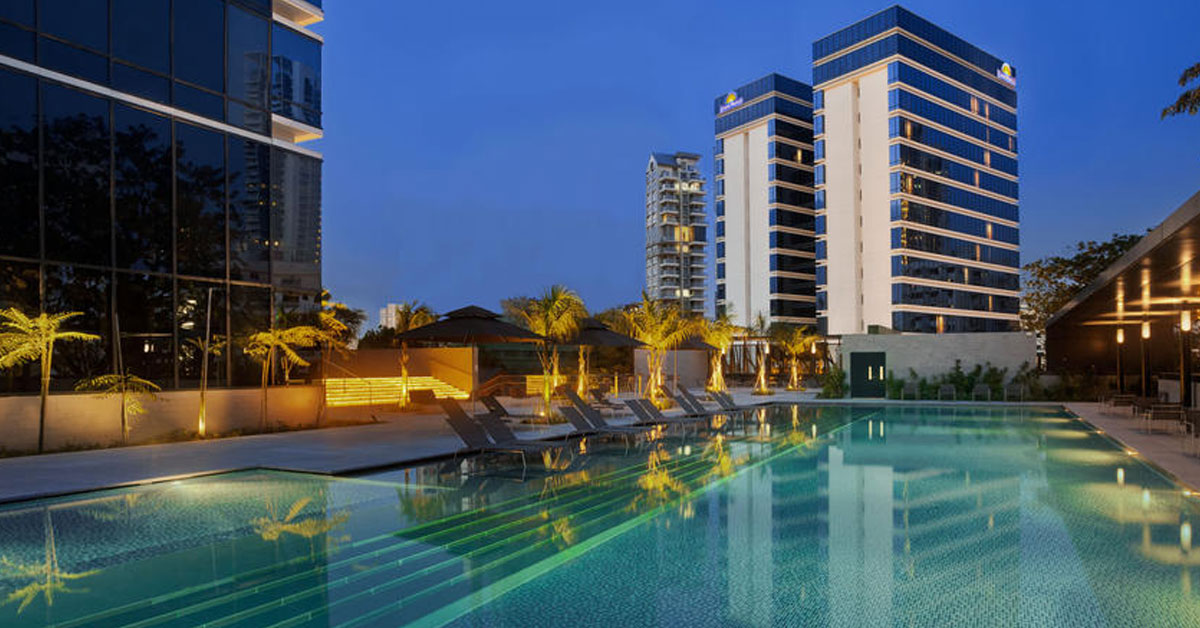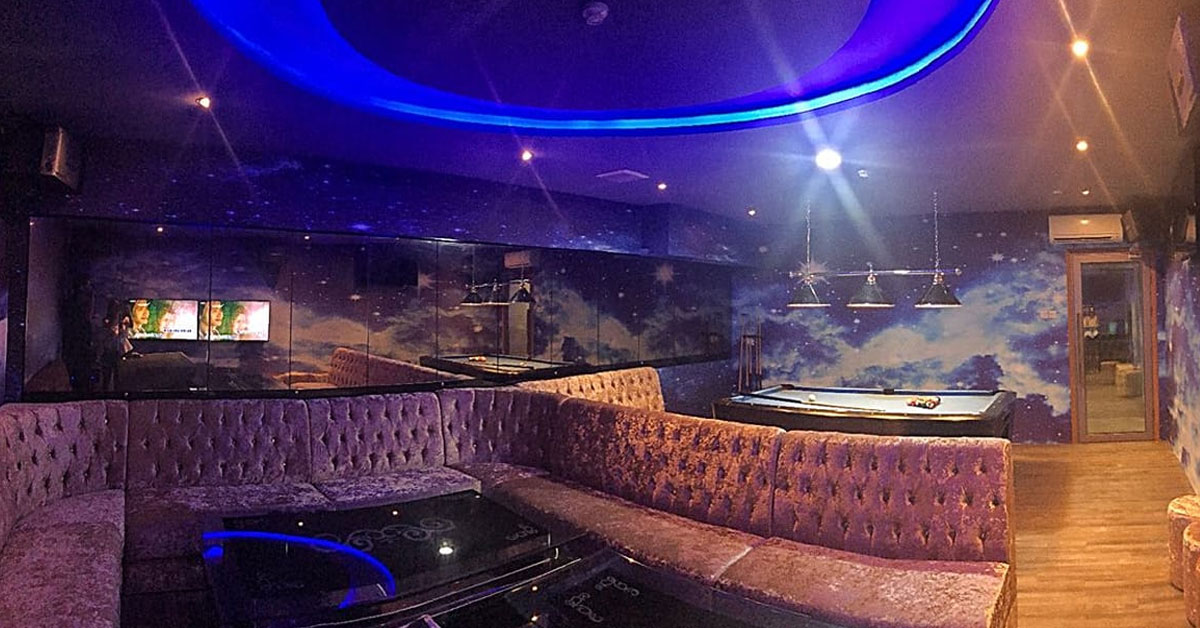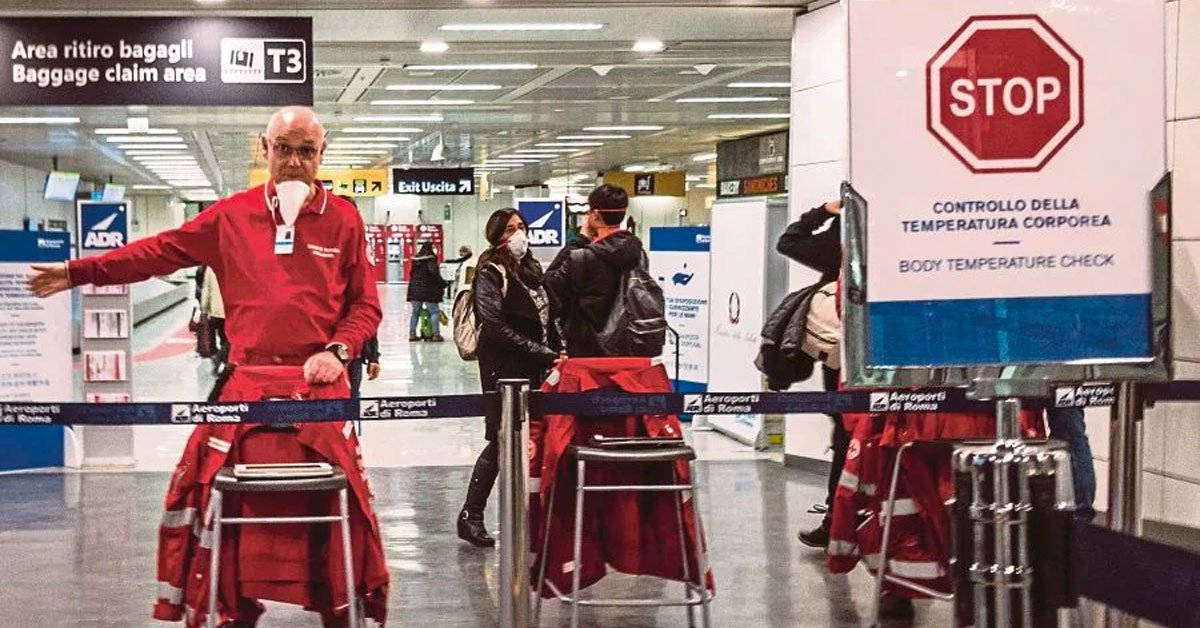A week after cinemas reopened, it was visited by an infectious COVID-19 case.
And about 10 days after Singapore Tourism Board announced that hotels could apply from the Government to accept bookings for staycations, an infectious COVID-19 case (or cases) was in a hotel five times, though it’s unknown if he or she or they had been there for a staycation.
Moral of the story?
The virus is everywhere, so keep your mask on.
Hotel Included in List of Places Infectious COVID-19 Have Been After Staycation is Allowed
In the updated list of places that infectious COVID-19 cases have been, two new places were added yesterday (25 July 2020).
A minimart in Geylang and a hotel in Balestier.

In fact, the hotel, Ramada Singapore at Zhongshan Park, was visited not once but five times by an infectious patient / patients.
It’s unknown whether someone’s been there for a staycation or not, because the timing provides are rather scattered:
- 12 July, 12:50pm to 6:20pm
- 14 July, 12:45pm to 4:45pm
- 18 July, 6:50pm to 8:50pm
- 19 July, 7:45pm to 9:05pm
- 20 July, 5:20pm to 8:05pm
It was, however, not 1 of the 18 hotels that have been confirmed to allow staycations reported about 10 days after applications open, so the first few visits might not have been for staycations. It’s now approved for staycation.
The parent company of the hotel, Wyndham Hotels and Resorts, is a listed company in the US and has over 9,000 hotels.
In the hotel’s latest update on Facebook, they’re mentioned that they’re “actively implementing new steps and protocols to ensure that our hotel remains clean and safe for our guests.”
Stay with confidence and stay with a peace of mind at Ramada Singapore. As the face of travel changes, we adjust to…
Posted by Ramada by Wyndham Singapore at Zhongshan Park on Wednesday, 22 July 2020
And as usual, persons who had been at these locations during the specified timings should monitor their health closely for 14 days from their date of visit. They should see a doctor promptly if they develop symptoms of acute respiratory infection (such as cough, sore throat and runny nose), as well as fever and loss of taste or smell, and inform the doctor of their exposure history.
There is no need to avoid places where confirmed cases of COVID-19 have been. The National Environment Agency will engage the management of affected premises to provide guidance on cleaning and disinfection.
This is the latest list:



In the latest virtual press conference by the multi-ministry task force to fight COVID-19, it was revealed that almost 40% of community cases have been engaging in community activities even when they’re sick. So do everyone a favour by staying home if you’re sick, because it has been mentioned numerous times that restrictions would be imposed on specific areas that have a cluster (e.g. if hotels have clusters, then staycations might be banned again).



